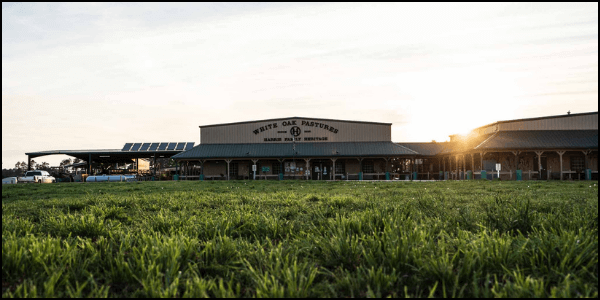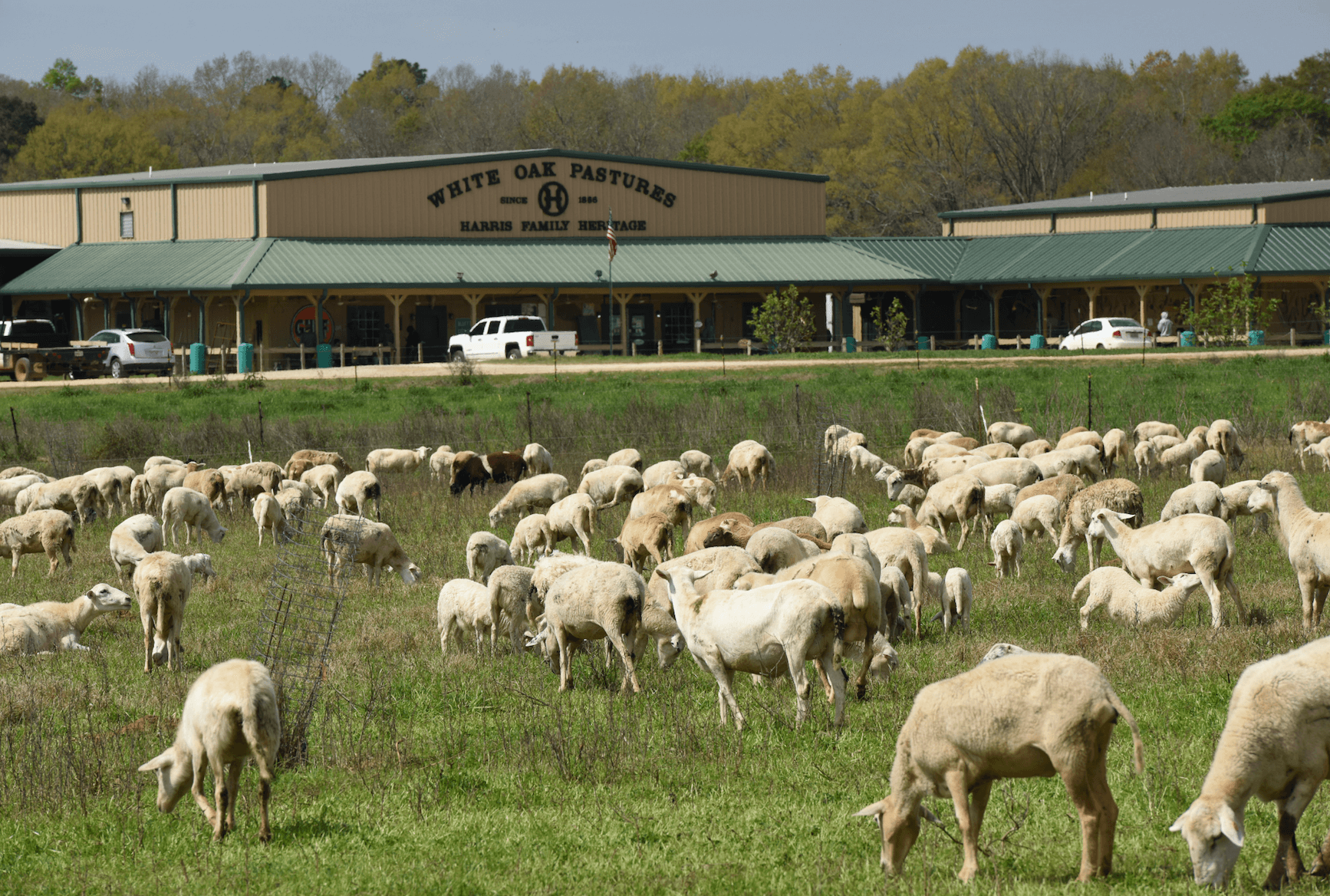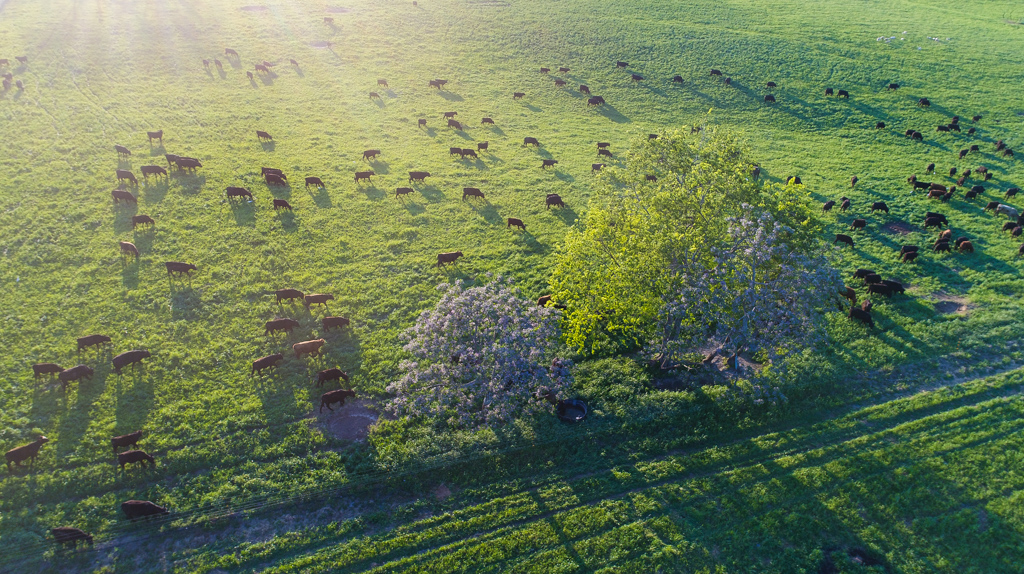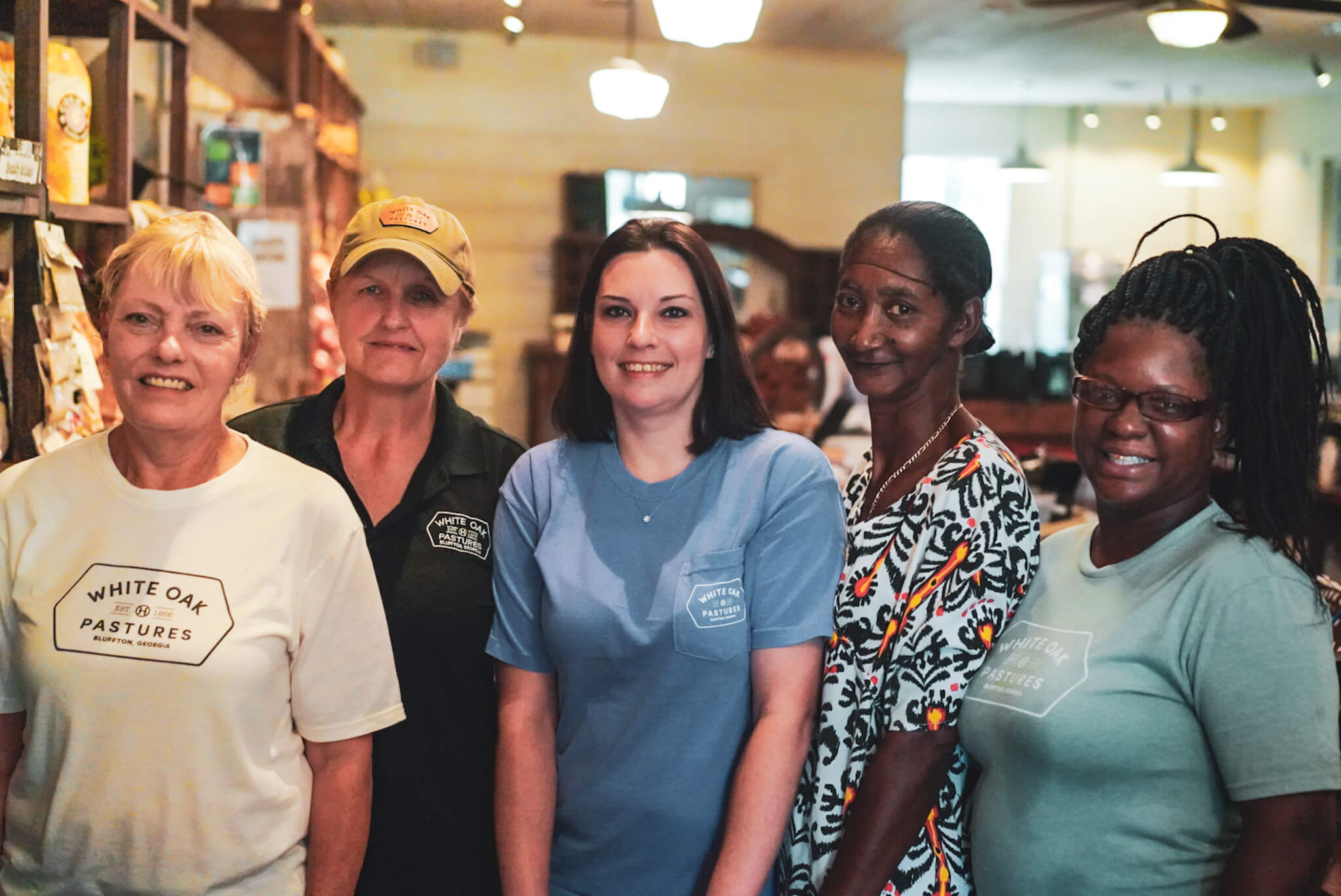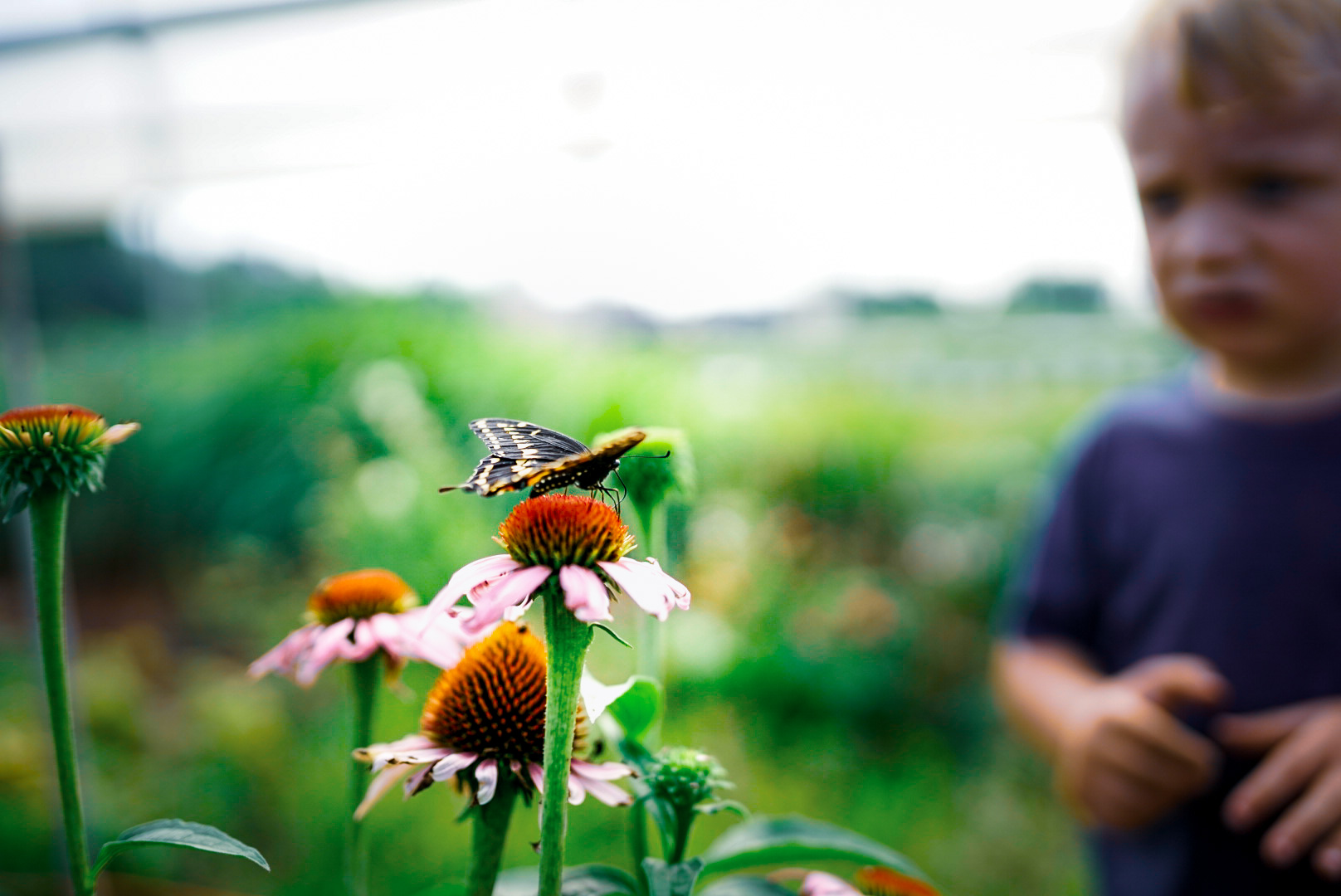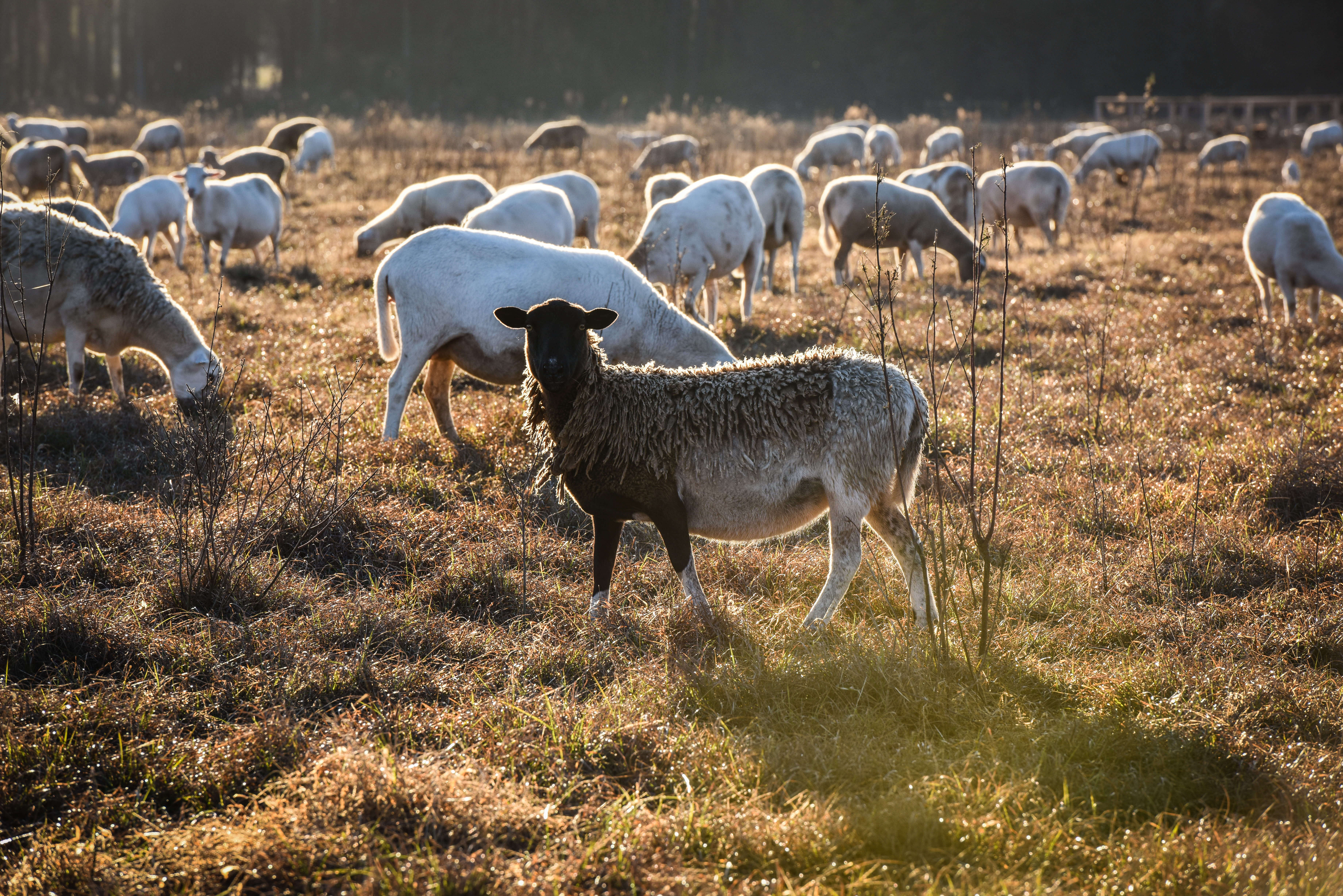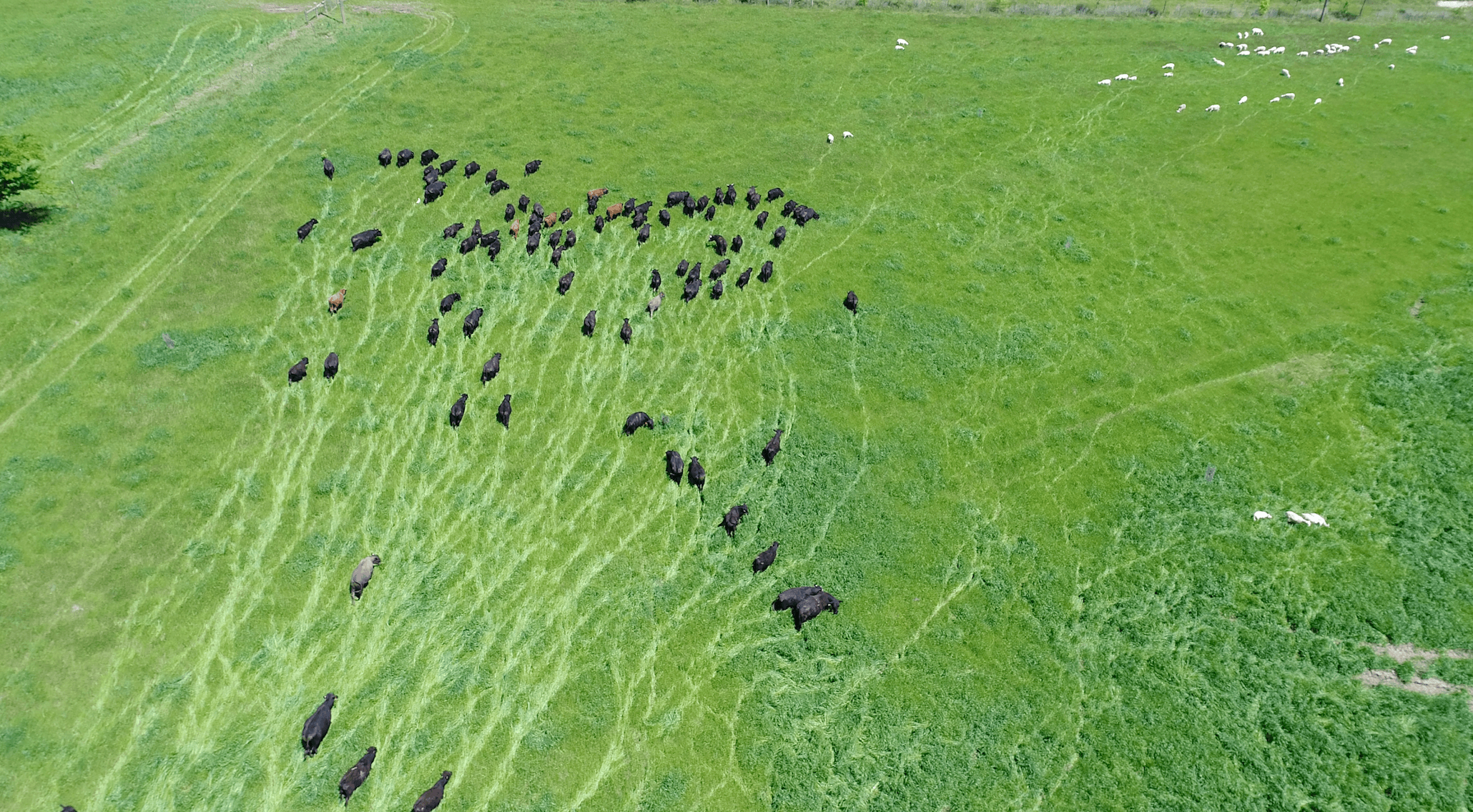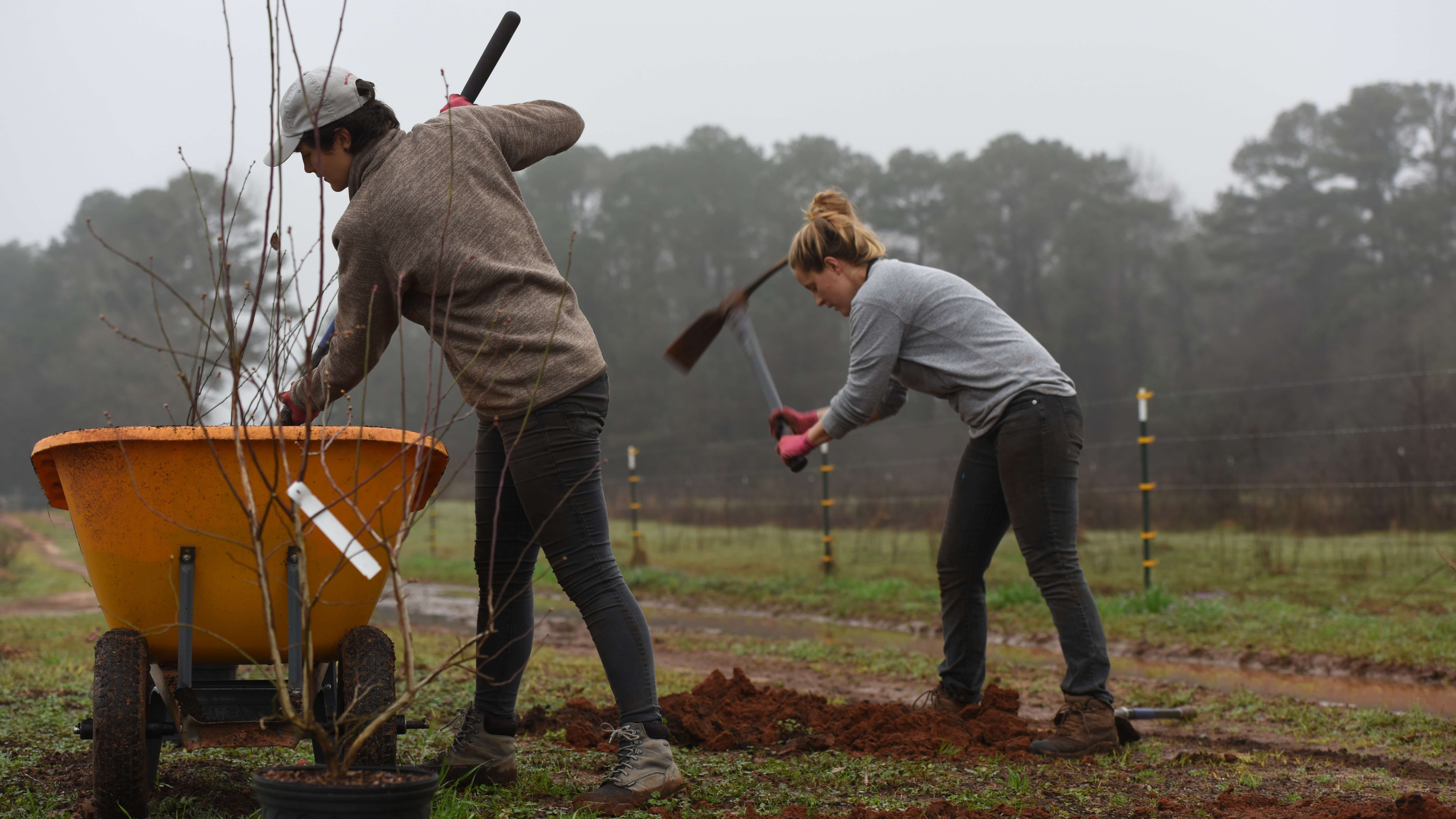When you see grassfed beef labeled “Product of USA”, where do you think it came from? Most consumers, understandably, assume that the beef is raised and processed domestically in the United States.
Why Smoke In Chimneys Trout?
We get a fair amount of complaints because we are often “out of stock” on items in our online store. It pisses customers off, and we hate that.
The Cycles of Nature: How We Regenerate Land
We want to explain the complexity of regenerative agriculture.
The word “regenerative” is now entering the mainstream, with products on grocery store shelves and online stores starting to claim “regenerative practices”.
A recent investigation from The Guardian and the nonprofit Food and Water Watch underscores just how centralized and consolidated our food system has become.
We industrialized, centralized, and commoditized agriculture [food production].
Almost $100,000 in Payroll, Every Friday
Over the last 25 years, White Oak Pastures has transitioned from a conventional agricultural model to regenerative agriculture. Adopting new land management practices has been better for our animals and our soil, making our farm more resilient and abundant over time.
I was raised in the heart of the Bible belt, but I was not raised in the Church. On Sundays, we tended to cattle, just like we did the other six days.
I don't ever remember my father attending a Church service. My attendance was limited to the occasional Sunday mornings, when I happened to have...
The Layers of Life on Our Farm
On our farm, we've spent a lot of time thinking of what animal welfare truly means.
Of course, one of our basic tenets is humane and compassionate animal treatment. In addition to not inflicting pain and suffering on an animal, we understand that good animal welfare also means providing the...
In the 75 years after the end of World War II, we have lived under the assumption that whatever was good for us would be good for our planet. The unintended, unnoticed, and unpleasant consequences of that idea have now become clear and costly. This idea has proved to be a dismal failure.
We didn’t plan to have an internship program. But as we grew our farm operations in the early 2010s, we started to field more and more questions from people interested in visiting the farm to see what we do.
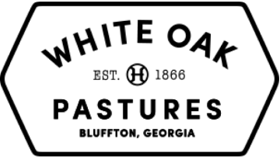
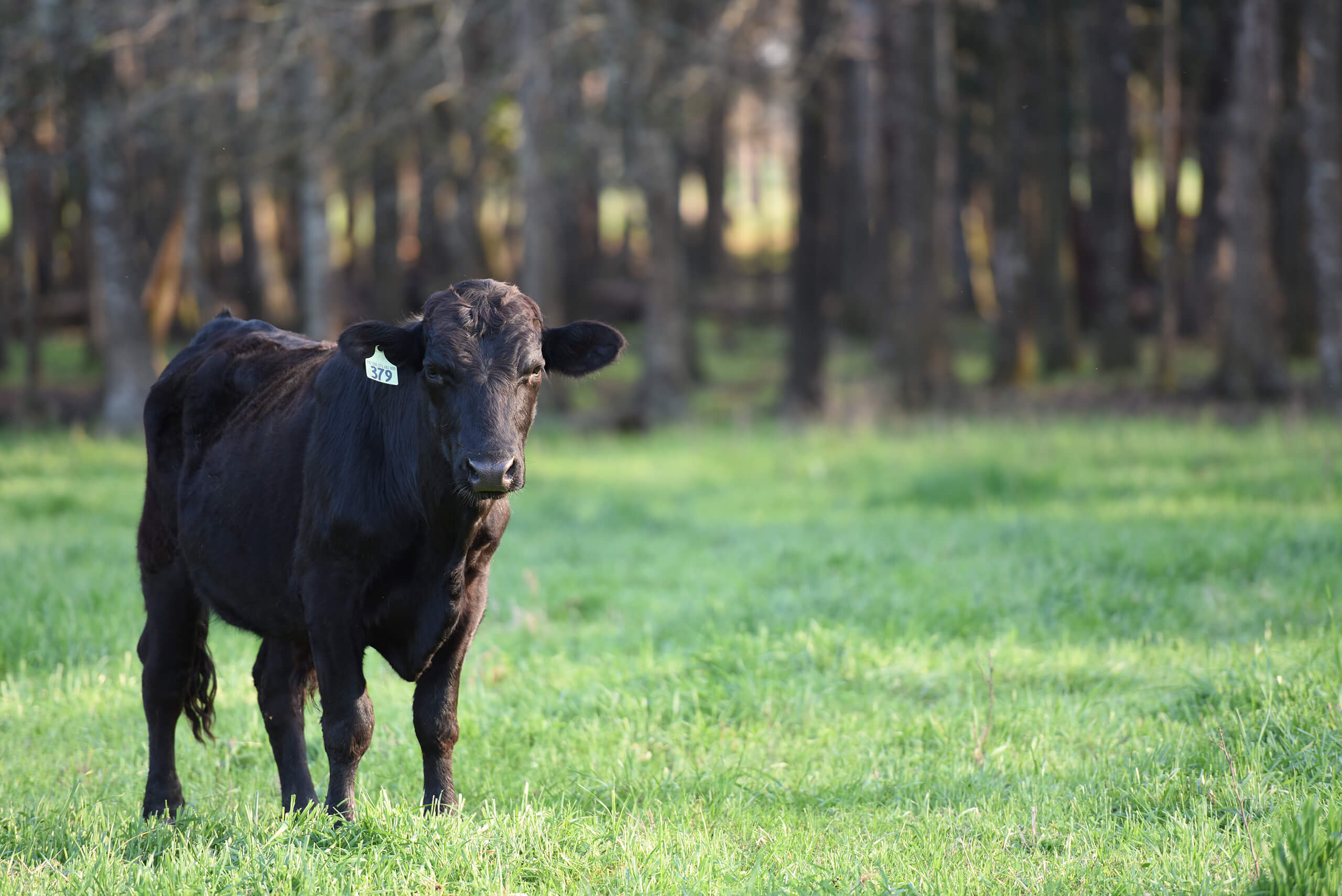
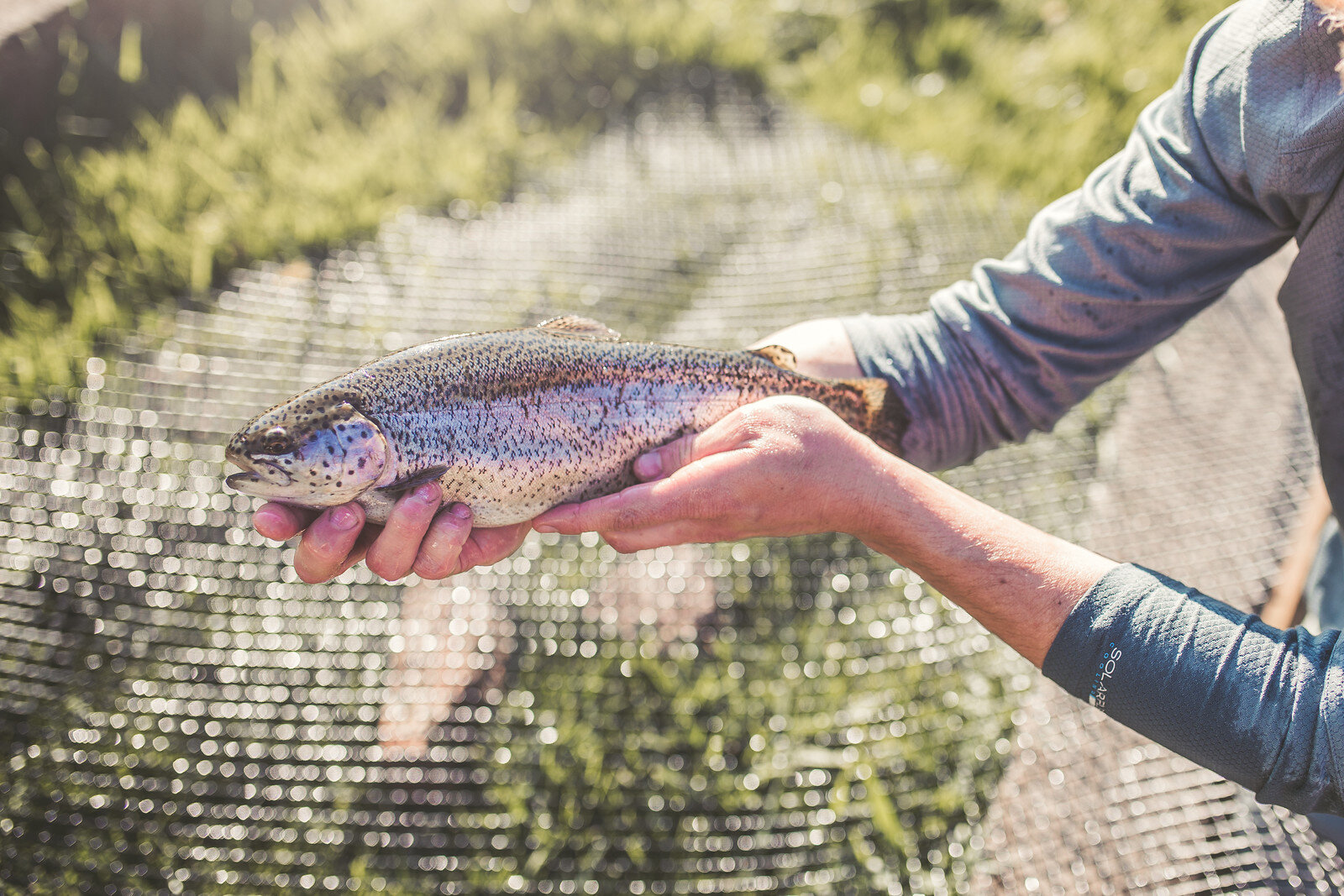
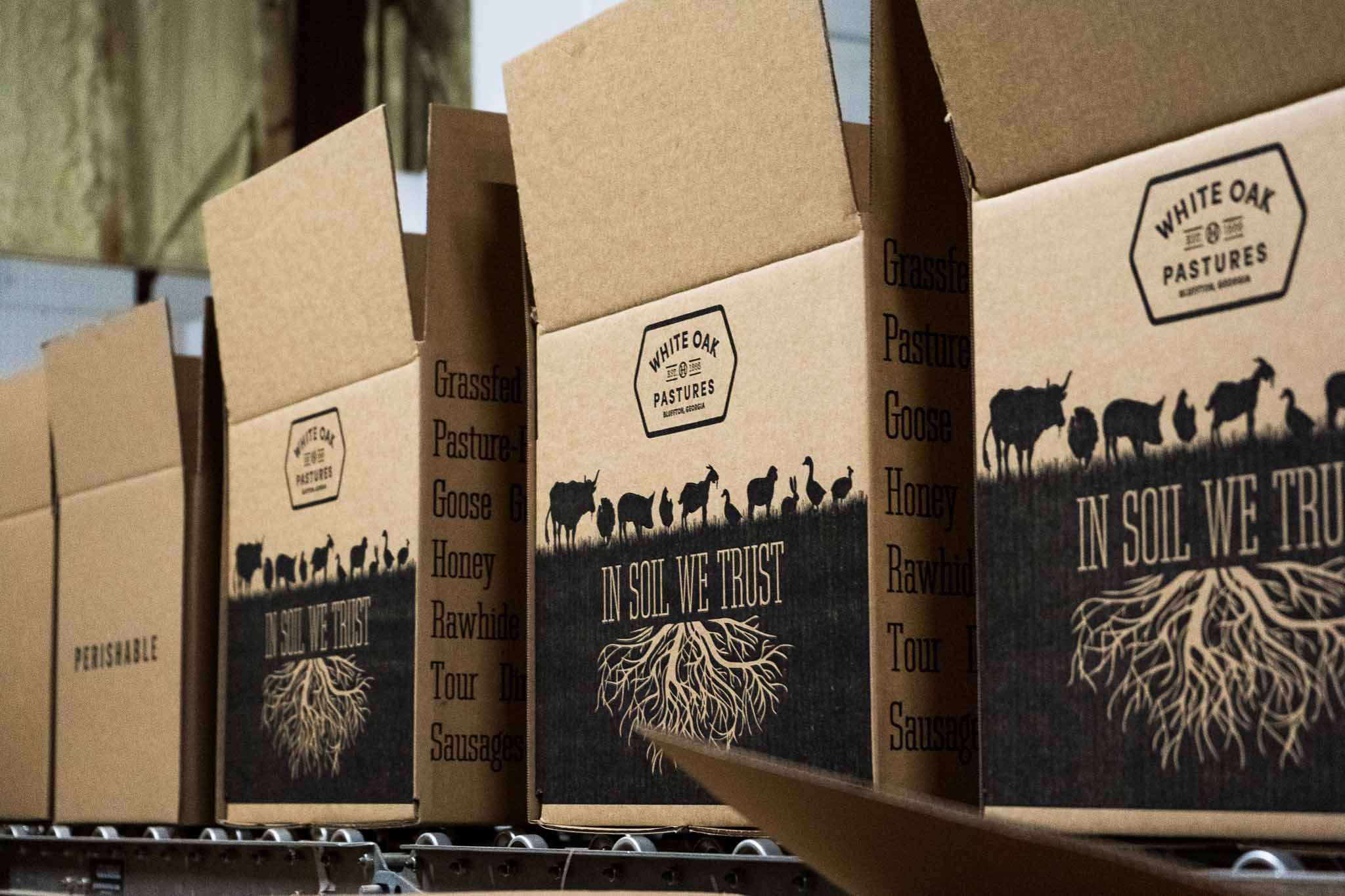
.png)
